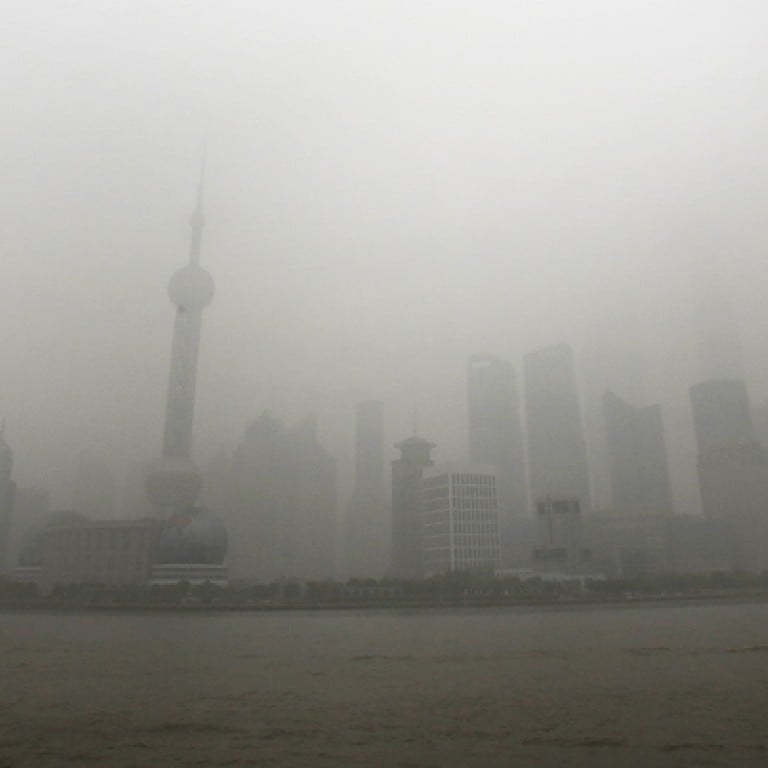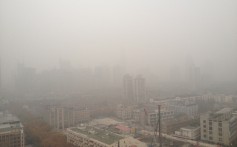
Smog? It bolsters military defence, says Chinese nationalist newspaper
A nationalist newspaper has tried to put a positive spin on China’s smog, claiming it is conducive to the country's military defence strategy. Smog, it argued, could thwart missile attacks and hamper hostile reconnaissance.
A nationalist newspaper has tried to put a positive spin on China’s smog, claiming it is conducive to the country's military defence strategy. Smog, it argued, could thwart missile attacks and hamper hostile reconnaissance.

Missile guidance that relies on human sight, infrared rays and lasers could be affected by smog in varing degrees, the article said. It explained that tiny particles in the air contributing to air pollution could hinder missile guidance systems.
The article said that during the Kosovo war, soldiers of the then Federal Republic of Yugoslavia used smoke from burning tyres to hamper Nato air strikes. The smoke reduced visibility, hindering reconnaissance efforts, the article said.
Photographic reconnaissance equipment employed by satellites, unmanned aerial vehicles and reconnaissance vehicles would be rendered useless by smog it added.
The article also said that during the first Gulf war, sand storms reduced the identification distances of thermal imaging equipment on US tanks from 2,500 metres to 800 metres, while optical detection of Iraqi tanks was reduced to almost nil.

“Are you saying the smog is not air pollution, but a national defence measure?” a blogger said on Sina Weibo microblog.
Another reader who commented on the article said: “But enemies wouldn’t need to resort to missile attacks if the smog continues to increase – people will simply be poisoned to death.”
Yet some others compared the article to a widely-reposted comment made by a military spokesperson who earlier this year claimed that US nuclear submarines would avoid China’s eastern Yellow Sea because their propeller’s might become entangled by ropes used by farmers to grow seaweed.
“After seaweed, China has added another secret weapon to the country’s national defence arsenal – smog,” one Internet user quipped.


